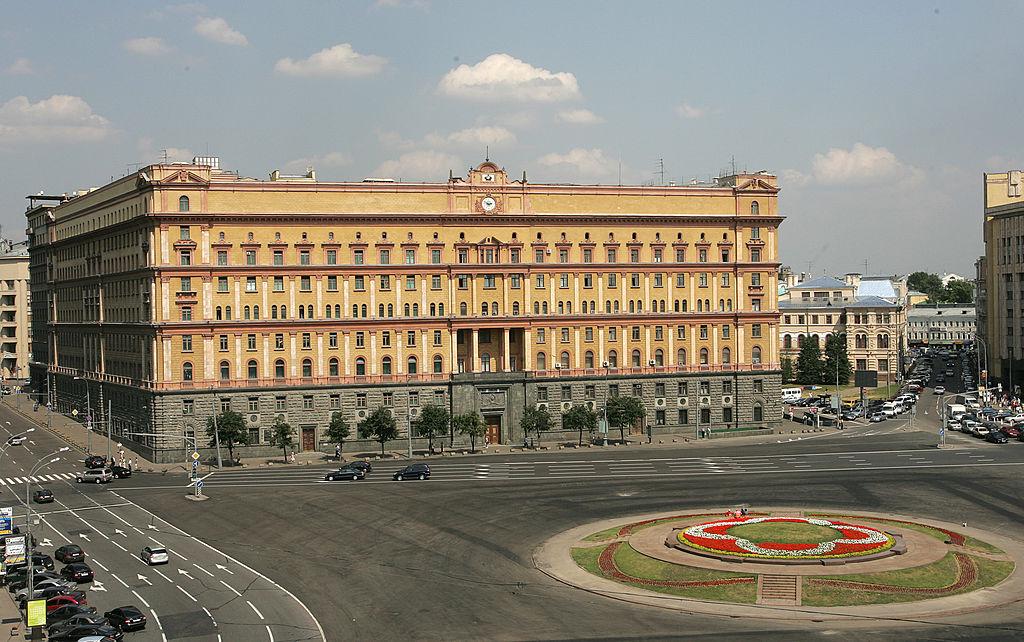Russia’s Federal Security Service (FSB) has detained a Wall Street Journal reporter, accusing him of espionage on behalf of the United States.
The FSB, the top domestic security and counterintelligence agency that succeeded the Soviet-era KGB, said on March 29 that it had detained Evan Gershkovich, a Moscow-based correspondent, in the city of Yekaterinburg in the Ural Mountains, roughly 900 miles east of Moscow.




